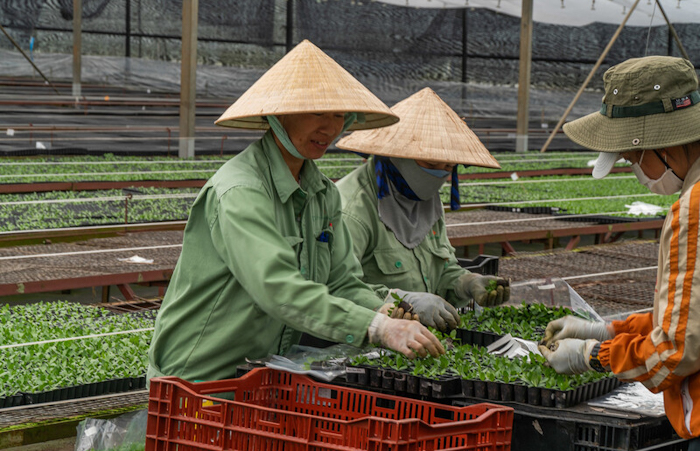
The High-Value Horticulture Development Project in Viet Nam scales up and transfers a successful high-value horticulture business model built on the introduction of climate-controlled greenhouse technology in tropical highlands in Asia. The business model will be replicated for vegetable production. Photo by ADB.
GMS Officials Discuss Priorities for Climate-smart Agri-food Value Chains and Green Financing
The 20th Annual Meeting of the Greater Mekong Subregion (GMS) Working Group on Agriculture (WGA) was held on 10–12 May 2023 in Siem Reap, Cambodia. The meeting underscored the need to enhance (i) subregional cooperation on green and climate resilient agri-food value chains, and (ii) green financing of small and medium agribusinesses. The meeting also confirmed four priority action points by the WGA, and discussed the planned new agriculture sector strategy.








